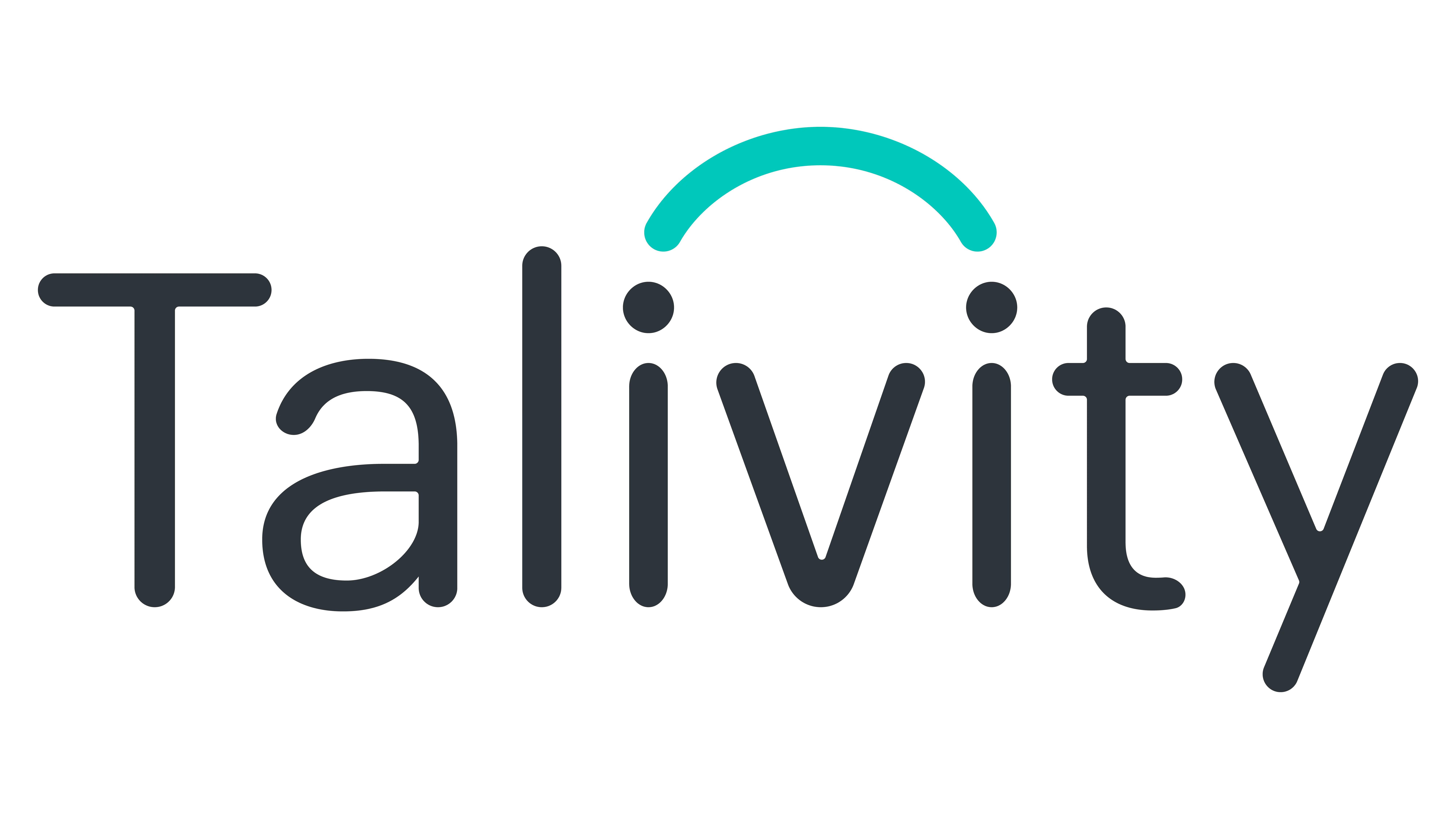Find the right solution for your business.
Explore SolutionsHealth insurance premiums for family and individual plans have seen a notable rise in 2023. According to recent findings from the Kaiser Family Foundation (KFF), families purchasing health insurance through their employer are paying nearly $500 more annually this year compared to 2022. For individual coverage, the employee contribution has gone up by $74.
This increase mirrors the rates of inflation and wage growth, KFF’s survey of 2,133 non-federal employers reveals. But as costs climb, the tight labor market is compelling employers to reassess their benefit strategies.
Smaller firms, those with fewer than 200 employees, face a steeper challenge. Their employees shoulder a more significant burden, paying an average of $8,334 toward family plans, as opposed to the $5,889 by those at larger corporations.
The historical data paints a clear trend. Over the past five years, the annual premium for single coverage has risen by $1,539, and family coverage has seen a spike of $4,352.
Yet, there’s a silver lining for employees. Deductibles are holding steady from 2022 to 2023, indicating that employers are attentive to workers’ affordability concerns. Mental health care, too, is in the spotlight. A majority of large employers (59%) believe their plans offer adequate access to timely mental health services. But this also suggests that a substantial share remains unsatisfied with the current provisions.
In the face of rising premiums, employers find themselves in a bind. The current labor market dynamics mean that employees, now more than ever, are likely to weigh benefits heavily when considering job prospects. Firms are under pressure not just to raise wages but also to provide competitive health insurance packages to attract and retain talent.
“As the landscape of employee benefits and HR continues its rapid evolution, understanding that benefits are more than just perks is essential. They’ve become a decisive factor in the quest to attract and retain leading talent,” says Stephanie Schomer, Editor in Chief at Employee Benefit News. “Companies that prioritize comprehensive benefits not only nurture stronger workplace cultures but also steer their larger business goals to success.”

